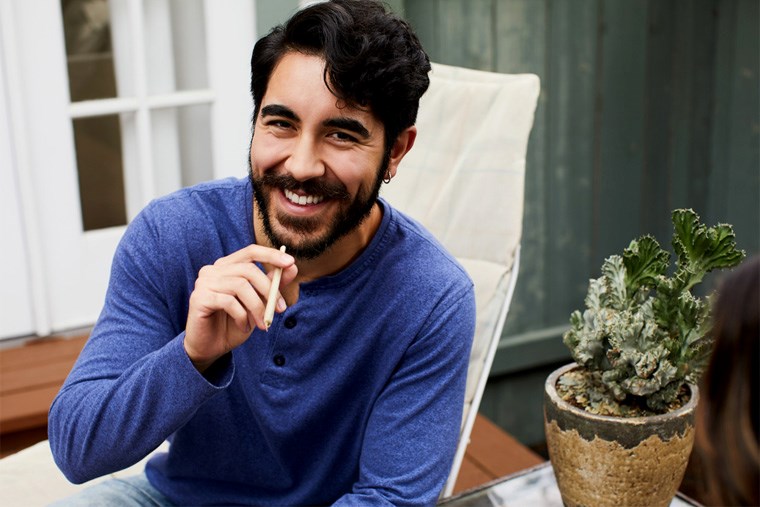People use cannabis for all sorts of medical conditions with varying degrees of success. Research efforts have been hampered for years due to regulations, but recent studies and data may give people the tools they need to help treat their conditions with Cannabis.
One of the more common ailments users seek to get help with, is anxiety. Due to the complex nature of anxiety disorders, there’s no exact blueprint on how to do it correctly, but there’s a general consensus on the best practices. As with anything, when using cannabis for medical purposes, always consult your doctor before taking anything new, and most importantly, everyone’s needs are different and what may work for one person, may not work for another.
How Does it Work?
Cannabinoid receptors are all over your body, but the ones in your brain are responsible for easing anxious feelings. Studies have shown these receptors can help reduce fear, stress, and anxiety by managing your behavioral response to these feelings. In addition, endocannabinoids have demonstrated an ability to reduce anxious feelings by limiting interactions in the brain that cause them.
Terpenes have also shown positive results in reducing stress and anxiety. Further research is needed, but these aromatics are highly popular with people looking to lower their stress levels. Limonene is a common terpene in sativa plants and has shown the potential to relieve anxiety, even when consumed in high amounts.
Dosing is Key
Conventional wisdom says that moderation is key to helping ease anxiety with Cannabis. Limiting your sessions and sticking to less potent strains and extracts can help take the edge off without making symptoms worse. Feelings of paranoia are often a negative side effect of consuming too much THC, so taking fewer tokes, seeking out strains with a lower THC percentage, or sticking to pipes over bongs can help ease those concerns.
Varieties with an equal balance of CBD and THC can be critical in reducing intoxicating side effects and help during moments of stress. CBD is another type of cannabinoid that has shown some promising results with anxiety in studies. It can also be effective in reducing any negative feelings from consuming too much Cannabis.
Concentrates might not cause any problems for heavy consumers, but they’re generally not recommended for helping with anxiety. The little research that has been done on the topic suggests that lower levels of THC will benefit the most with anxiety and that high levels can make symptoms worse. Every user is different, so keep that in mind when deciding what’s best for you!
Finding the correct dosage to reach desired results takes a lot of experimentation. Start small, with low amounts of THC or balanced it out with CBD. Try different methods of consumption as well. Many people prefer edibles or edible oils to help fight feelings of stress and fear, and experimenting with other options will help you decide what works for you. Edibles should be used with greater care, with the onset of effects taking up to two hours.
 Goodboy Picture Company via gettyimages.com
Goodboy Picture Company via gettyimages.comOther Considerations
While not nearly as dangerous as mixing with other drugs or alcohol, there are still some crucial things to keep in mind when using cannabis if you take medication for anxiety. Cannabis can increase heart rate and blood pressure, so make sure your medication won’t make these effects worse. Research is extensive but not yet regularly considered with all things cannabis, so always consult with your doctor about any potential adverse interactions with your medication(s).
Anxiety symptoms vary as widely as strain reviews, so what works for one person may not be best for you. Researching strains and other users’ experiences can help find the right system for you. Take time to experiment with different methods of consumption and potency levels, and try to keep notes on how each makes you feel. Over time, you should find the perfect routine and start relieving your symptoms on demand.
And remember, always consult your doctor before taking anything new, and most importantly, everyone’s needs are different and what may work for one person, may not work for another.
 This story was made possible by our Community Partners Program. Thank you Revive Cannabis for helping to expand local news coverage in Alberta. Learn more.
This story was made possible by our Community Partners Program. Thank you Revive Cannabis for helping to expand local news coverage in Alberta. Learn more.



